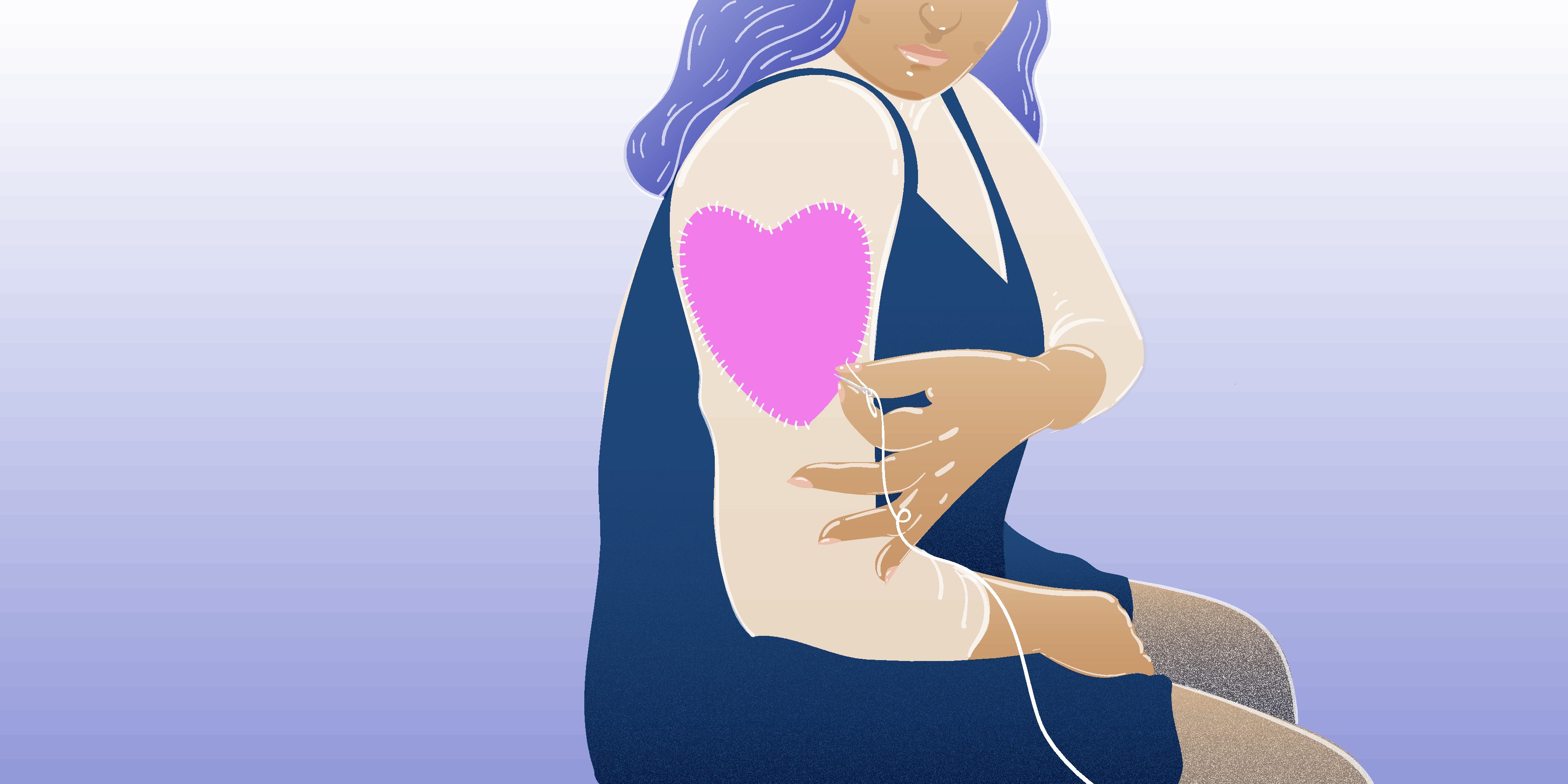Donald Trump had been the president-elect for less than 24 hours when I found the courage to come out to my parents. It wasn’t a planned moment, in fact, I had intended to keep this hidden around them for as long as possible. But when hate won the election, my parent’s potential reaction felt all too small to rationalize keeping this secret. If I’d known the strength and sense of purpose it would eventually give me, I would have gone down that path a long time ago.
I had held tightly onto the time my mom told me in confidence that my older sister’s girlfriend “didn’t fit into her photo album.” And the fact that for the first 15 years of my life, my father believed gay couples should not have children.
Larger than changing the course of the photo album, I felt that once I told them, it was no longer mine. I didn’t want them to lump it in with my sister’s identity or their outdated, generalized, media-driven definition of a lesbian. Being queer in New York City felt altogether different than being queer in small town St. Helena, California, in the home where I was a child.
Telling them would force me to confront my own insecurities about my queerness that I’d been suppressing for the better part of 10 years. Where I had expected a blossoming of discovery, I initially got a crippling insecurity and inward resentment for being so oblivious to who I was. I didn’t want to revisit that or see it in their eyes.
So, on Nov. 9, I surprised not only them, but myself when I quite impulsively made the call. My decision ultimately stemmed from our conversation that morning. I’d called them the moment I woke up, sick to my stomach from the election results and too much wine the night before. They’d tried to console me with false optimism and reassurance that our privilege—upper class and white—unfairly placed us in a position that would likely remain unaffected by a Trump administration. Speaking with my sister immediately afterwards, we decided that the moment had come—today was the day to tell them they’d birthed another queer.
The conversation began quite bluntly on my end with a “Mom, Dad, I’m gay. I date women,” and deep intake of breath on theirs. I will not place any judgement on their initial reaction, to do so would completely take away from the fact that their next sentiment was complete love. There were a few stutters and slip ups that found their way under my skin (my moms use of the word “choice” irks me to this day), but I never for a second doubted their acceptance and love. This is not to say those first conversations weren’t tense, my zen-like view comes with two months of perspective and therapy.
The first FaceTime ended with my mom telling me the whole thing made her feel “awkward,” and a promise to call the next day, which she failed to follow through on. Two days later I got a call from her that got us moving in the right direction, and has resulted in a near constant flow of queer news and information into her inbox. These issues are vast and they are tough to talk about, but silence is fuel to the hate mongering that Trump has begun to normalize.
My politics professor, Mayra Cotta Cadozo De Souza wrote to our class on Nov. 10: “It is the angry black, the nagging feminist, the hysteric queer, the loud Latino, the desperate Muslim who will shake up the system enough to bring out structural change.” And while structural change is a hard one to tackle, coming out to my parents after the election has ultimately been intensely liberating. The initial feelings of vulnerability and fear of the chaos and hate galvanized me into action–from closeted to hysteric queer in 24 hours.
Two months later, our conversations are rarely queer-centric, but they’re happening and that’s what matters. At the LGBTQ Solidarity Rally at the Stonewall in the West Village on Saturday, February 4th, the streets were packed in every direction. Speaker after speaker spoke on the importance of solidarity and intersectionality and chants erupted in the empty moments in between. Cynthia Nixon, addressed us as “her brothers, sisters and siblings who reject the gender binary” asserting that “our coming out has never been more more important than it is right now” continuing “we need to come out not just as queer, but as people who know all too well what it feels like to be put in a box that says other.”
Rarely can we feel a change happening within ourselves or even in the space between two people, but for the first time that I can remember, there isn’t fear of the secret getting out.
Illo: Alex Gilbeaux







